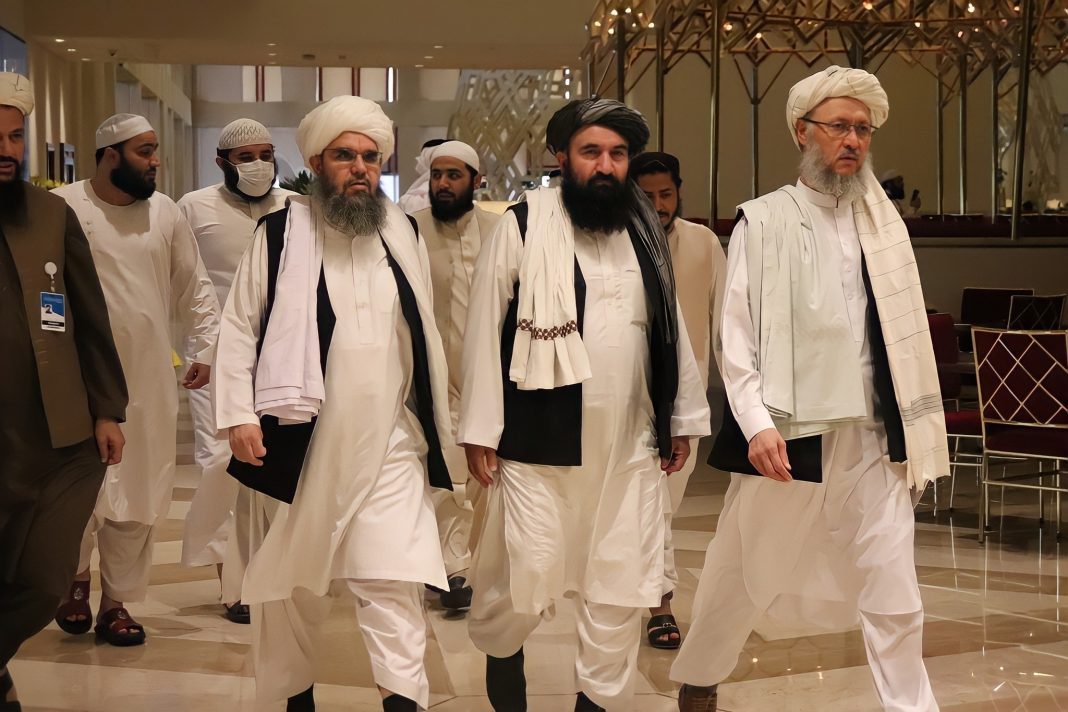The talks scheduled to be held in Doha on June 30 and July 1 have not been without controversy, with Afghan civil society groups expressing their concerns.
After months of deliberation, the Taliban government says it will send a delegation to the two-day United Nations Doha conference on Afghanistan.
The Taliban’s participation in the third such talks, scheduled for June 30 and July 1, comes after the group snubbed an invitation to the second round in February.
The talks will mark a pivotal moment for all parties involved as it is the first time the Taliban will attend a gathering of international envoys on Afghanistan since UN Secretary-General Antonio Guterres initiated the process over a year ago.
Zabihullah Mujahid, the chief Taliban spokesman, told an Afghan television channel that his government had decided to participate in the conference because it would benefit Afghanistan’s interests.
“We will announce the composition of the delegation later, God willing. We believe this will serve the interest of Afghanistan,” Mujahid said.
Mujahid did not mention any conditions from the Taliban, saying they view any meetings facilitating humanitarian aid and investment in Afghanistan as crucial.
In a formal statement, the Taliban Foreign Ministry spokesman, Abdul Qahar Balkhi, said the decision to participate in the upcoming Doha meeting had stemmed from their own two months of discussions with the UN on the agenda and the list of the attending participants.
“If there are any changes to the agenda and participation, it would naturally affect our decision, which we will share with all sides at that time,” Balkhi said.
In May, the UN confirmed that representatives of Afghan civil society would attend the third Doha meeting.
Civil society groups that included women were invited to the second round of talks in February, but the Taliban government declined to participate unless their members could exclusively represent Afghanistan.
Guterres dismissed the conditions because the international community does not recognise the Taliban government, given that many of its key leaders are still subject to UN sanctions related to terrorism.
“I received a letter [from the Taliban] with a set of conditions to be present in this meeting that were not acceptable,” the UN chief said during a media stakeout in February.
“These conditions denied us the right to talk to other representatives of Afghan society and demanded a treatment that would, to a large extent, be similar to recognition.”
Since its takeover in August 2021, the Taliban imposed restricting policies on women and girls despite initially promising a more open rule when they assumed power.
Afghan girls ages 12 and older are prohibited from attending secondary school, while women are forbidden from public and private workplaces.







